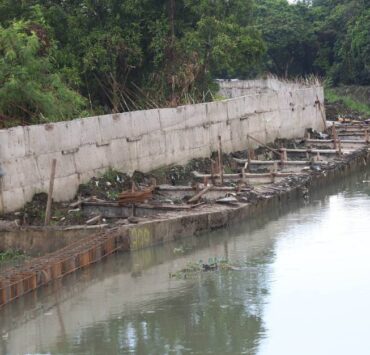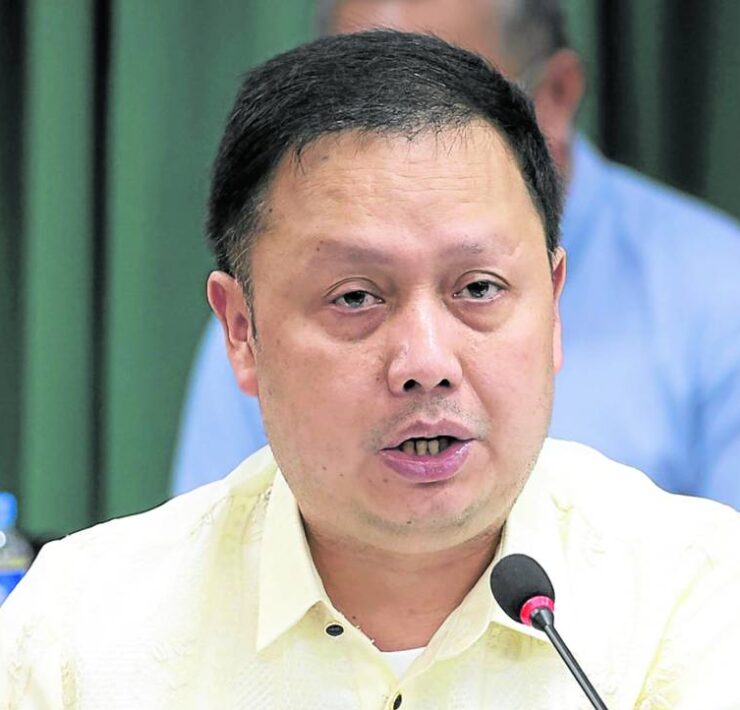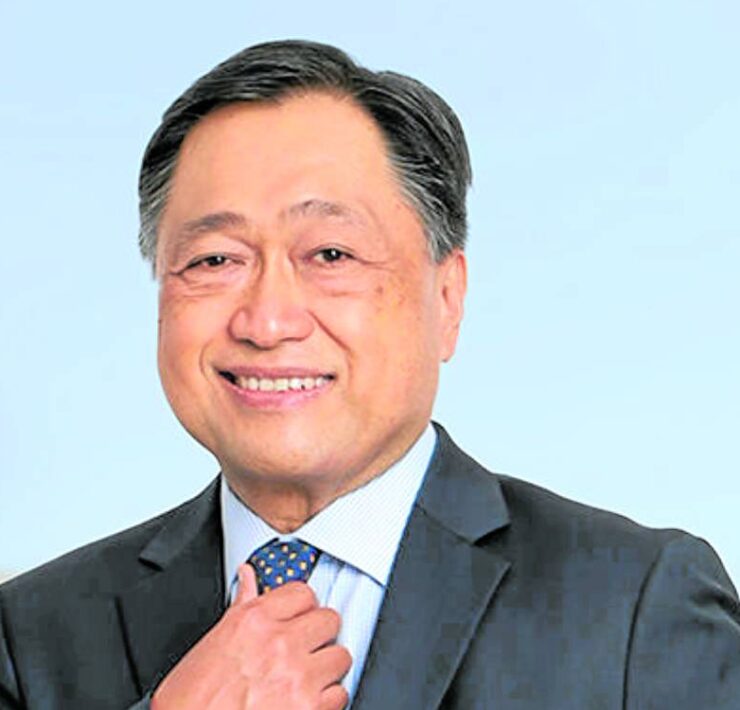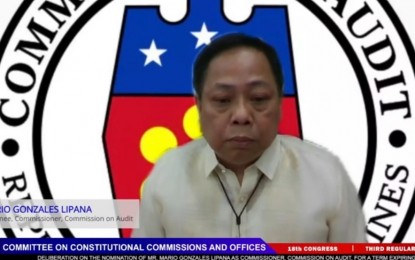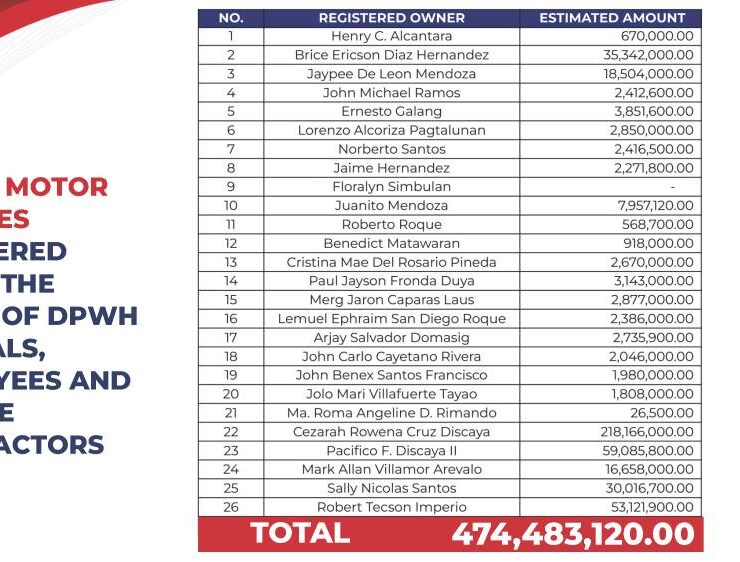How lawmakers make ‘insertions’ even in budget preparation stage
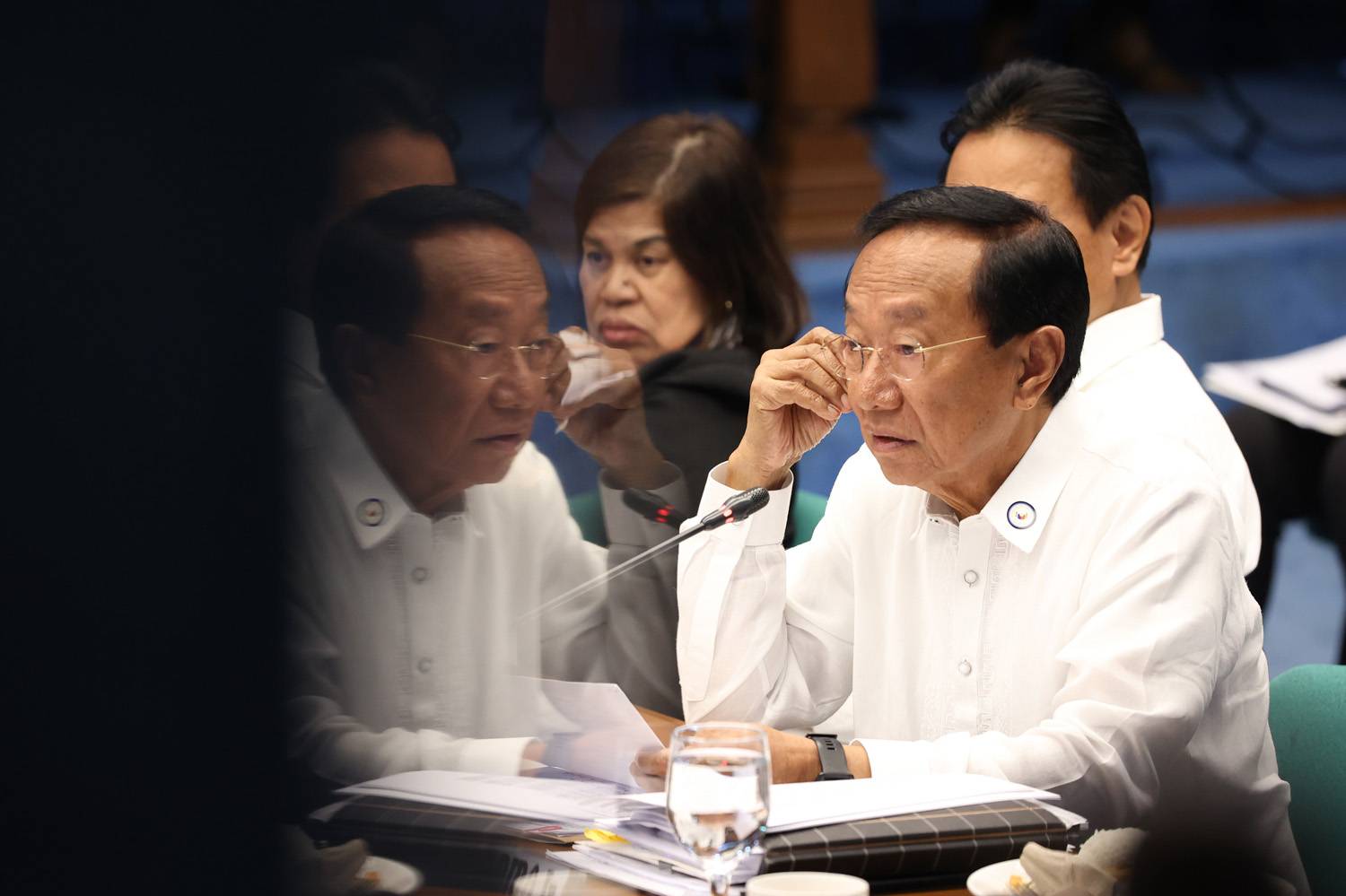
Former Secretary Manuel Bonoan of the Department of Public Works and Highways (DPWH) on Tuesday disclosed the existence of a so-called “leadership fund,” which Senate President Pro Tempore Panfilo “Ping” Lacson said allowed lawmakers to tinker with the National Expenditure Program (NEP) even before it is submitted to Congress.
During the Senate blue ribbon committee’s hearing on anomalous flood control projects, Lacson had asked how former DPWH Undersecretary Roberto Bernardo could download hundreds of millions of pesos worth of projects sourced from the NEP, or the budget proposal prepared by the executive branch, to the Bulacan first district engineering office under now-dismissed district engineer Henry Alcantara.
“The NEP is the President’s budget proposal to be transmitted to the House and eventually to the Senate. Why are there insertions in the NEP? That I cannot really understand for the life of me,” Lacson told Bonoan in a mix of English and Filipino.
“You did not want to call it an insertion, so you called it a ‘leadership fund.’ Why are you accommodating lawmakers’ proposals?” said Lacson, who chairs the blue ribbon panel.
“We call it a leadership fund in order that if there are actually priority projects requested by members of the Senate, this is where we’re hoping to include [the requests] into the [NEP],” Bonoan explained.
Bonoan said they call it “consolidation” and not “insertion.”
“This is consolidating all the requests from all sectors like in the Senate, Congress and everything … this is where the list of projects are all incorporated into the NEP,” he explained.
Downloaded funds
Alcantara said in a statement he read at the start of the hearing that Bernardo, who he met in 1997 and helped him become Bulacan first district engineer in 2019, started to download funds to his district engineering office in 2022.
He narrated that in 2023, Bernardo downloaded P710 million in projects to him, including P450 million from the NEP.
In 2024, Bernardo downloaded P3.3 billion to Alcantara’s office, including P150 million from the NEP, and this year, P2.55 billion was downloaded to the same office, including P1.65 million from the NEP.
According to Alcantara’s testimony, the agreement was that 25 percent of the amount would go to the proponents of the projects, but an advance payment of 5 percent to 15 percent was usually requested by his boss once the NEP was finalized.
The projects were supposedly for lawmakers, among them Senators Joel Villanueva and Jinggoy Estrada, former Sen. Ramon “Bong” Revilla Jr., Rep. Elizaldy “Zaldy” Co, and former Rep. Mary Mitzi “Mitch” Cajayon-Uy.
Lacson, citing Alcantara’s statement that Bernardo sought from Alcantara an advance payment of 5 percent to 15 percent for projects in the NEP, asked Bonoan how infrastructure projects can be downloaded to DPWH district offices when they are still in the NEP and not yet in the budget law.
“How did the legislator insert projects into the budget proposal that is not yet in the legislation phase? The NEP is the domain of the executive. How can the legislator meddle through insertions?” he asked.
Avoiding complications
Bonoan said that they allowed the insertions in the NEP to avoid complications during the bicameral conference committee.
He also noted that the proposals are vetted with the DPWH’s planning service so the projects being included “are consistent with development programs.”
“We are not yet in the bicam. Why did you not tell them, can you not wait for the budget deliberations? The NEP is the exclusive jurisdiction of the executive branch. Why were you allowing it?” a baffled Lacson said.
Later in the hearing, Lacson reminded Bonoan of the four stages of the budgeting process, starting with budget preparation where the executive branch creates the proposed budget; authorization where Congress debates and approves the budget; execution where agencies spend approved funds; and accountability where bodies such as the congressional oversight committees and the Commission on Audit monitor how the funds are spent.














